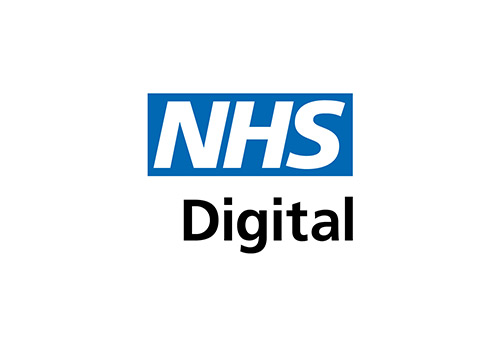We're a specialist healthcare and life science consultancy
We are passionate about delivering meaningful and sustainable improvement through our consulting and analytic offerings.

Our Services & Sectors
News & Insights
Read our latest insights to discover how we’re contributing to healthcare innovation.
-

How can systems integrate their estates and facilities services?
-

What now for NHS infrastructure
-

Financial Improvement: Targeting at ICB level through Population Health Management
In this article, we will take a closer look at the opportunities for Integrated Care Boards to leverage Population Health Management to support long term improvements in health outcomes and associated efficiencies.
Watch Video
Video Highlights











